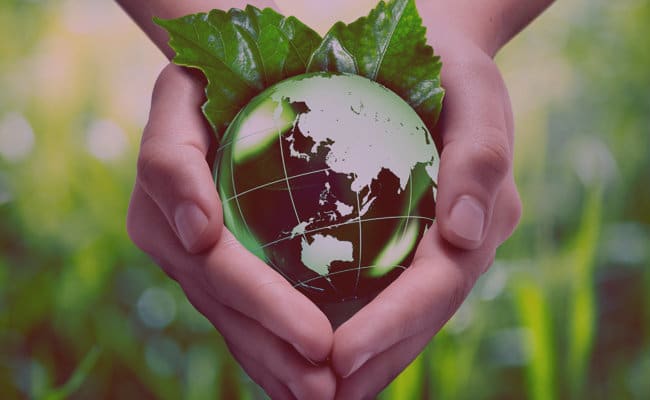The branches of ecology are varied, since this science, as its name indicates, is the study of the population or beings that inhabit a specific place. As well as the habitats and the different climates that a certain area may have and how these factors affect the beings that inhabit there.
This has its origin in the year 1866 when a Russian scientist combined the studies of life (Biology), and the study of the internal layers and the terrestrial surfaces (geology), structuring it as the study of all living beings and the conditions that they affect their habitats.
Currently these studies have shown the deterioration that we have caused to our own environment or habitat, contaminating it with our waste, damaging seas, fresh waters, forests, jungles and mountains, each time reducing the chance of a better quality of life for humanity. For this reason, campaigns have been started in all areas to promote the care of planet earth.
The main branches of Ecology

There are many ramifications of this study, most of them are divisions of the different types of life that inhabit the earth, and they could even be divided even in the conditions in which they live, if they are suitable, or optimal for a better development of a species, and how it would affect them, at the level of longevity and procreation of a given species.
These are some of the branches of Ecology and everything related to its studies.
- Human: It focuses on the study of the human race, its behavior, its habits, the environment in which it lives, the birth and death rates, which are the factors that affect them and the solutions mediated through its study.
- From community: is based on the study of a habitat that has several species sharing the same territorial space, the diversity of these communities is calculated with two components: richness, which is the number of species that exist in the same space, and fairness, which means the abundance of life of each species.
- Population dynamics: It is characterized by studying the different causes that may cause the change in abundance of a population, and how this could affect its survival in the future.
- Of systems: One of the newest branches of this science, applies mathematical calculations in computers that analyze the data, in order to find solutions and understand the constant problems that the environment and ecosystems present.
- Etoecology: It is the science that studies the behavior of living beings, which can be from animals, to plants or microorganisms in their natural habitats.
- Population ecology: a population is a certain number of individuals, and this science studies its behavior, variation over time and its structure, also studying the circumstances that could arise and affect the number of individuals in it.
- Habitats: This study studied the environments in which individuals, populations or communities live, and how they affect their life cycle.
- Applied: It is about using all the concepts and terms of science in the main problems of humanity, to obtain concrete solutions for them, and thus improve the quality of life of this community.
- Microbial: It is based on the study of bacterial organisms and their habitats, which make up an important part of the population of planet earth.
- Evolutionary: is in charge of studying survival techniques, and the structuring of species, in order to learn more about the populations and / or communities studied.
Ecology with respect to today's society

All the necessary resources must be used to propagate the idea of ecology, just as large companies do to sell products, so that young people, who represent practically half of the earth's population, become more enthusiastic to collaborate. with this interesting and important topic.
There are many ways to use the information about the branches of ecology as a means of economic production, since it has become more and more aware of this topic and it has come to interest many people. There are even companies that are dedicated to creating "ecological" items whose use does not affect life on earth or reduce damage in relation to conventional products.
You could name some of these products or activities created with "green thoughts", which do not affect the quality of life of any living being at all.
- Ecological tourism: Many people like the idea of contributing to the process to recover the environment, that is why several places began to practice ecological walks, which are usually rides on bicycles which do not produce CO2 when riding them.
- Electric cars: Due to the fact that the automobiles we use today produce many components that are harmful to the environment, electric motors have begun to be created, which have recharging stations in many parts of the cities.
- Ecological packaging: Although plastic was not used in the past, today this product is very popular among large industries to manufacture all kinds of disposable containers, which due to their high consumption have created large amounts of accumulated garbage in the environment. For this reason, they have begun to use and to manufacture more durable containers of which people do not dispose of in just one use.
And these are just some examples of the amounts of products that are being made to raise awareness about an issue as important as the study of our habitat.
Ecology is a very important science for humanity, because by studying our behavior, customs, environment and procreation, it could provide us with simpler and safer ways to ensure the continuity of the species and the conservation of the environment in the that we inhabit.